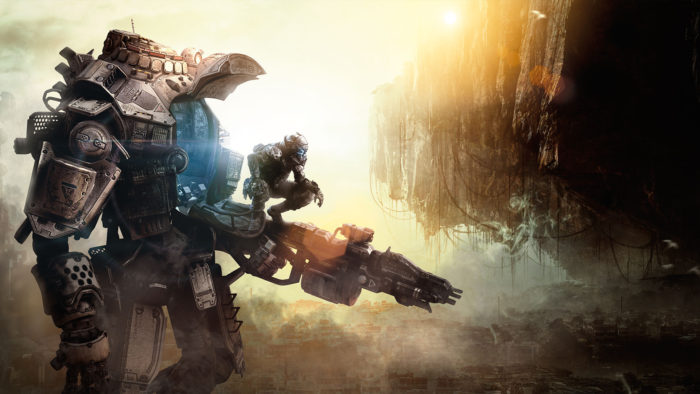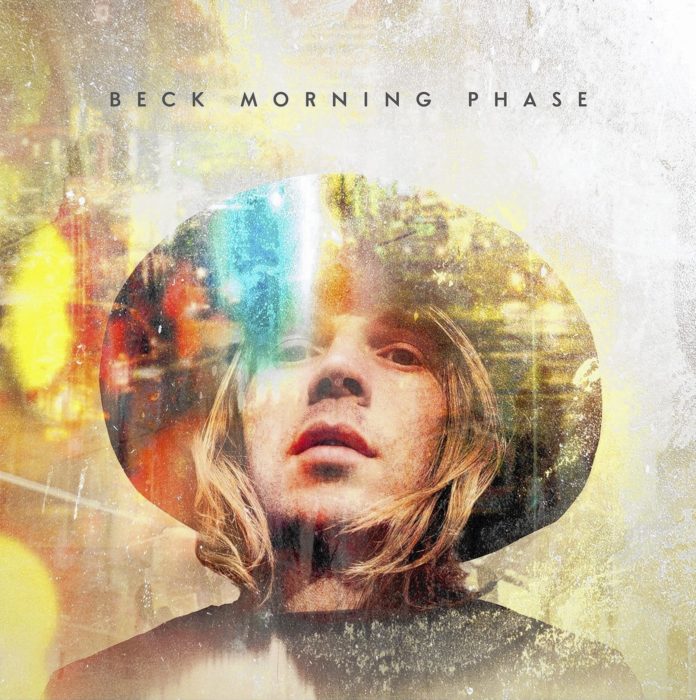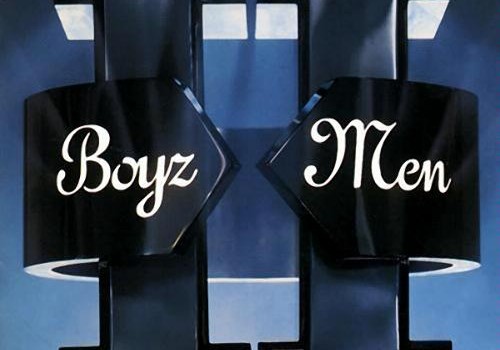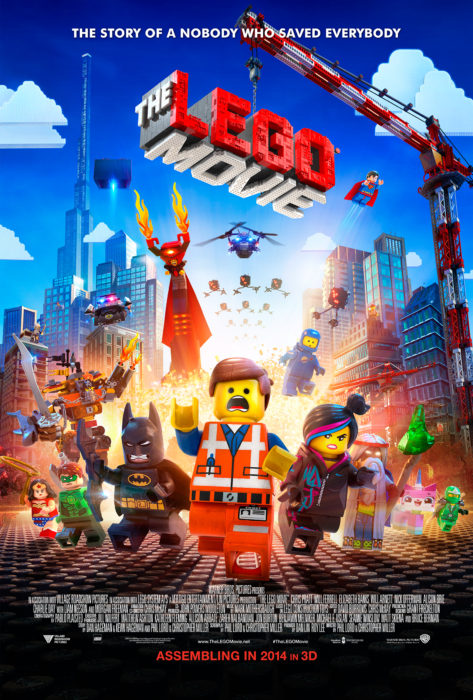

The two biggest games of the first quarter of the year, Titanfall and Dark Souls II, came out on the same day, but that’s about all they have in common. The latter is a punishing, largely singleplayer quest that pits you against crushing challenges that are so intense, they create almost as Stockholm syndrome-esque sense of joy when they are overcome. Titanfall, on the other hand, is multiplayer-only and it just wants you to feel awesome as often as possible. That’s kind of a refreshing change of pace in this day and age.
The modern online multiplayer FPS is all about progression; whether it’s gun upgrades and perks in Call of Duty or cooler looking armor in Halo, you’re always playing for more than just winning the match. Titanfall has that aspect to it too, but it’s extremely scaled back compared to those games. There aren’t too many weapons, attachments, and perks to unlock. A battle in this game isn’t a means to an end, at least not that end. No, here you’re playing for the pure satisfaction of all the cool things you can do right off that bat – like drop a giant mech on someone’s head from space.
Like so many next gen experiences, Titanfall‘s about the asymmetry. You play as a pilot and will spend your time split between running around on foot and within your titan, the massive mech that is your one and only friend. As a pilot you are extremely agile, you can run on and up walls gracefully and easily. In a titan you are lumbering and slow, but capable of bursts of speed and, you know, crushing people with your feet. It’s a great, delicately balanced approach to gameplay that gives you enough options to change your approach, but never feel outgunned. A pilot is capable of taking down or avoiding a titan, and I wouldn’t be surprised to find out that many people actually prefer letting their titan fend for itself.
AI is a bigger part of Titanfall than any other online FPS this side of Left 4 Dead. For one, when you call your titan down from space (the titanfall) you don’t have to get in it. Instead, you can tell it to follow you around or guard a specific location, which it will with gusto. This comes in handy, because although the game is just six-on-six, each map is also full of AI controlled enemies. These bots serve essentially the same function as creeps in a MOBA game; they’re fodder for you to kill to rack up points. I love this idea, as it makes the battlefield seem more chaotic and it provides something to focus on if you’re just getting dominated by the other team. Plus, they run around yelling about how great and dangerous pilots are. Like I said, this game wants you to feel good.
That carries over to pilot loadouts as well. One of the first guns you get is a smart pistol, a gun that locks onto enemies. It’s great for taking out packs of grunts, but requires a few seconds to get a bead on other players. That means anyone who takes the smart pistol is free to run around mowing down bots, but only the really skilled will be able to use it effectively against humans. Every other gun in this game feels just as carefully balanced, with enough advantages and tradeoffs that I am actively using all five pilot and titan custom loadouts when I play. There isn’t a lot to choose from, with basically just one of each type of gun and only three titan chassises, but that’s less limiting when everything seems useful.
Honestly, my biggest disappointment with Titanfall is the campaign, which is probably just because of my own unfair expectations. I didn’t know much about it going in, only that it would be part of the multiplayer and this was the long-in-development game from the a bunch of the people who brought us Call of Duty 4: Modern Warfare, a game with a wonderful, memorable campaign. As it turns out, the campaign is little more than some multiplayer matches with contextual voiceovers. The story plays out the same way regardless of winning each match, which is the most troubling aspect of this venture. In a game that is so much about empowering the player, here I was left feeling powerless. The whole mode ended up seeming like a vestige of older game design.
Outside of the campaign, there are two team death match modes, one which gives you points for killing anything, another which only rewards pilot kills. There’s a domination mode and capture the flag for those who like objectives. And then there’s Last Titan Standing, a mode in which every player gets one titan and one life, and teams compete to destroy each others’ titans. None of it is groundbreaking, but it feels different and exciting thanks to the simple fact that there haven’t been other games that focused on man-on-machine combat. With 15 maps and the promise of future DLC, this seems like a great package for the Call of Duty crowd.
But what about the outsiders? Personally, I’ve never really, really gotten into an online competitive FPS. I dabbled in Battlefield 1942 and a few of the Halos, but never really committed to a game like a lot of people do. I’ve had a lot of fun with Titanfall over the last week, and I want to keep playing it. The matchmaking seems kind of shitty right now, but that will get fixed. Will this be the FPS that finally gets me? I hope so. If not, I’ll still be optimistic about Titanfall 2.







